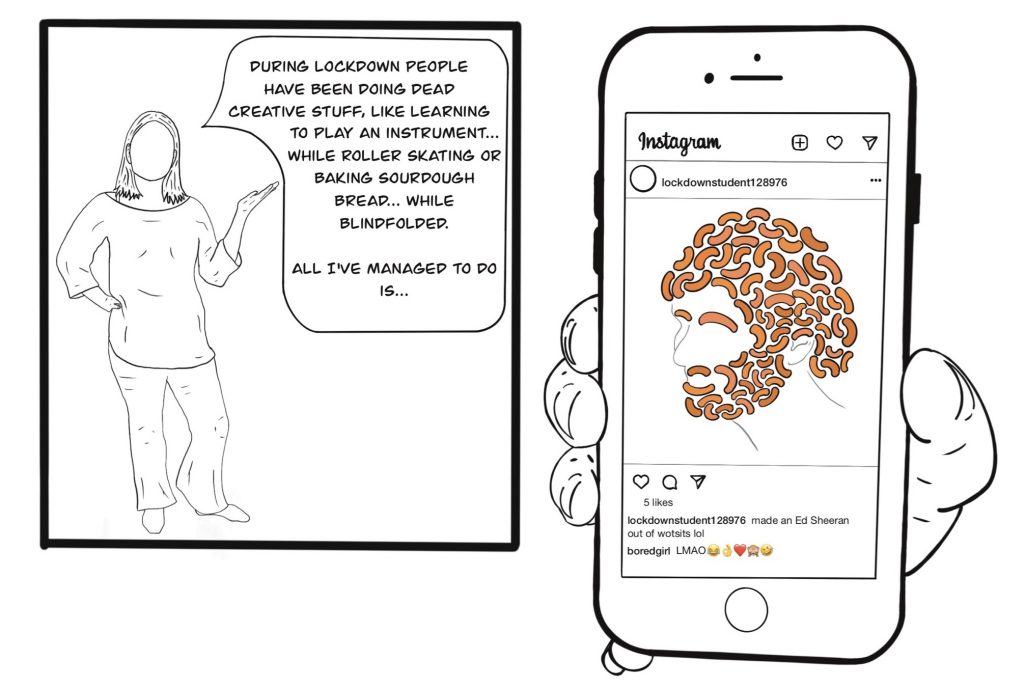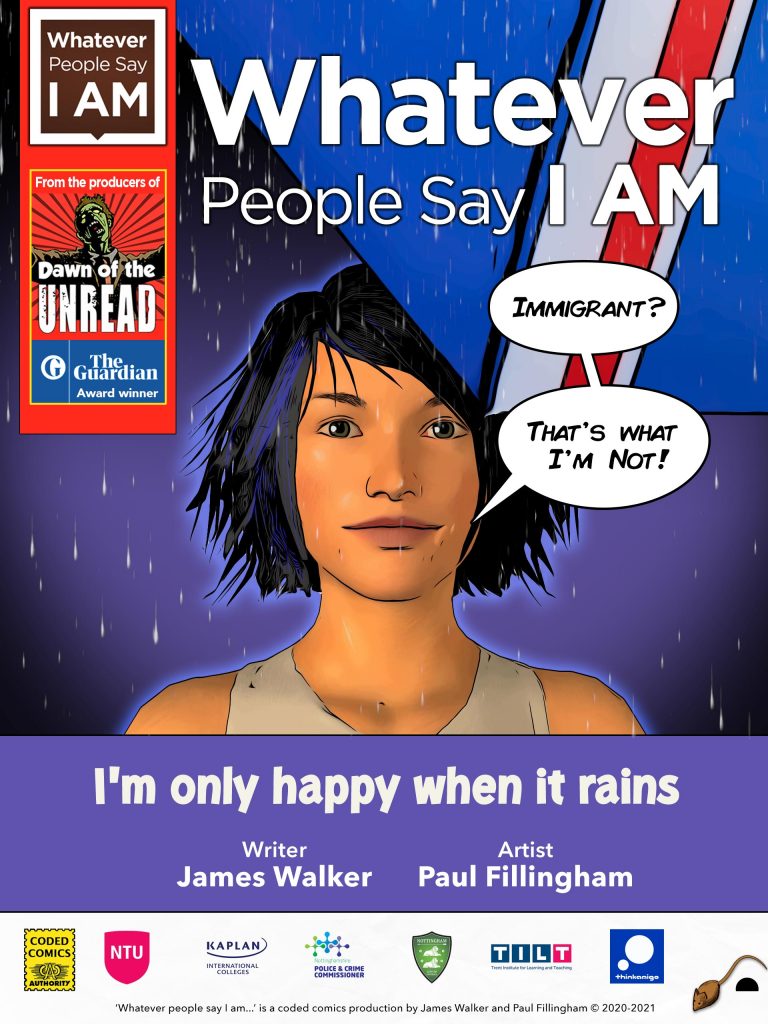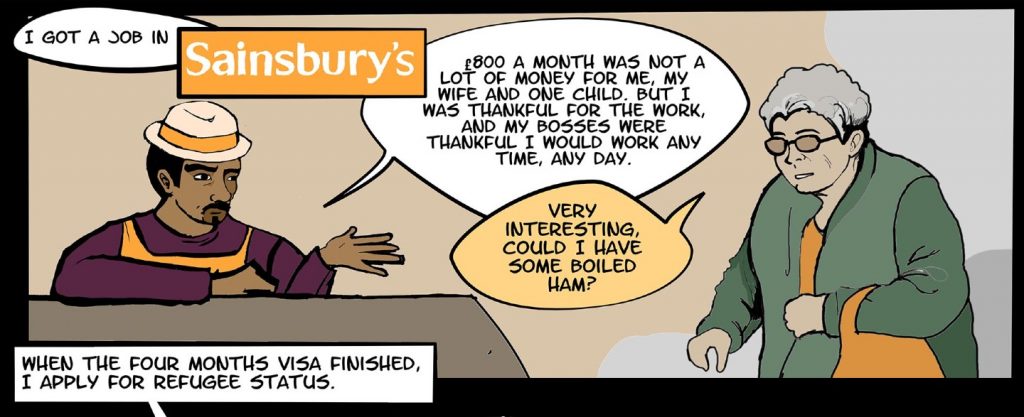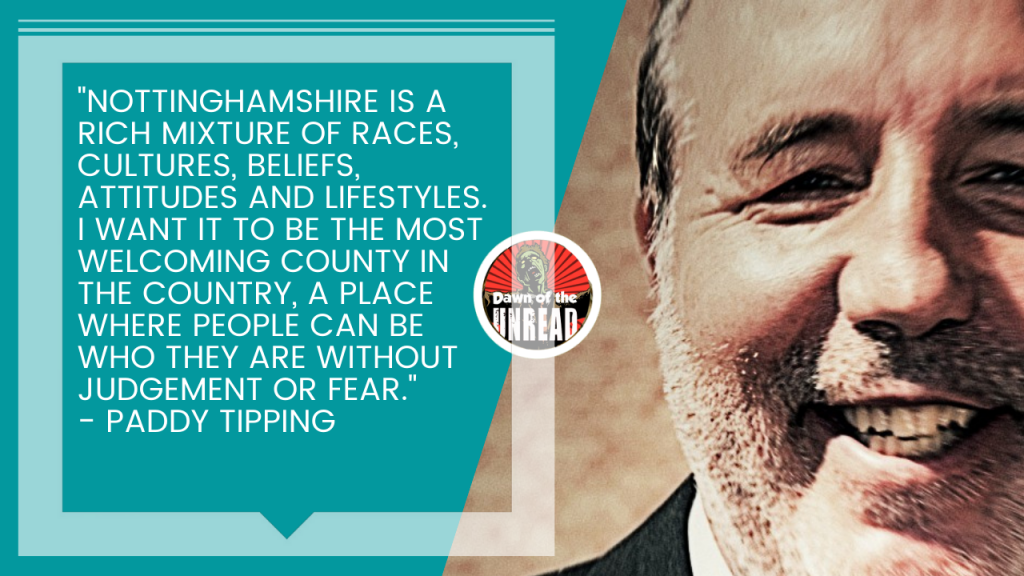
If I believed everything I read in the press, during lockdown students were all having parties, getting fined £10,000 each weekend for breaking rules, and were solely responsible for the spread of coronavirus. This makes me angry because it’s very different to the experience I’ve witnessed working at Nottingham Trent University and Nottingham Trent International College.
The students I’ve spoken to have spent their 21st birthday behind closed doors, missed out on graduation, never met other people from their modules face to face, and feel anxious, not just about the virus, but what this means for their future.
It’s with this in mind, that I’ve spent lockdown talking to lots of students across disciplines and from different cities and countries. I’ve discovered that in Cyprus you have to carry a card around with you proving that you’re allowed to leave your house during set times; in Manchester, students have had security guards knocking on their doors to check there’s nobody inside; I’ve spoken to students who have remained in student accommodation because they don’t want to go home due to family problems; and some international students who have come here for one term as part of an international placement have spent it entirely inside their room.
I want to address these representations in the next comic for Whatever People Say I Am, a series of online comics challenging stereotypes. The artist for the project is Lauren Morey, a Creative Writing student in her third year at Nottingham Trent. Lauren draws people without faces which seemed apt for a story about a group of people whose fears and anxieties have been largely overlooked by the media.
As part of the project, I’d like to include eight ‘pen portraits’ by students. Very simply, I want them to share their experiences of lockdown – whatever that might be. These will be published on the ‘Features’ section on the website which provides context to the comic. I’ve witnessed some wonderful strategies for keeping sane and trying to embed a sense of normality, from live streamed fancy dress parties in the bedroom to a silent disco on the balcony of flats.
If you have a story you would like to share of how you coped as a student during lockdown, please do get in contact. You don’t need to have sky dived off your balcony or learned how to speak dolphin. You just need to be honest about what you did and be yourself.
You can contact me here
This blog was originally published on dawnoftheunread.wordpress



